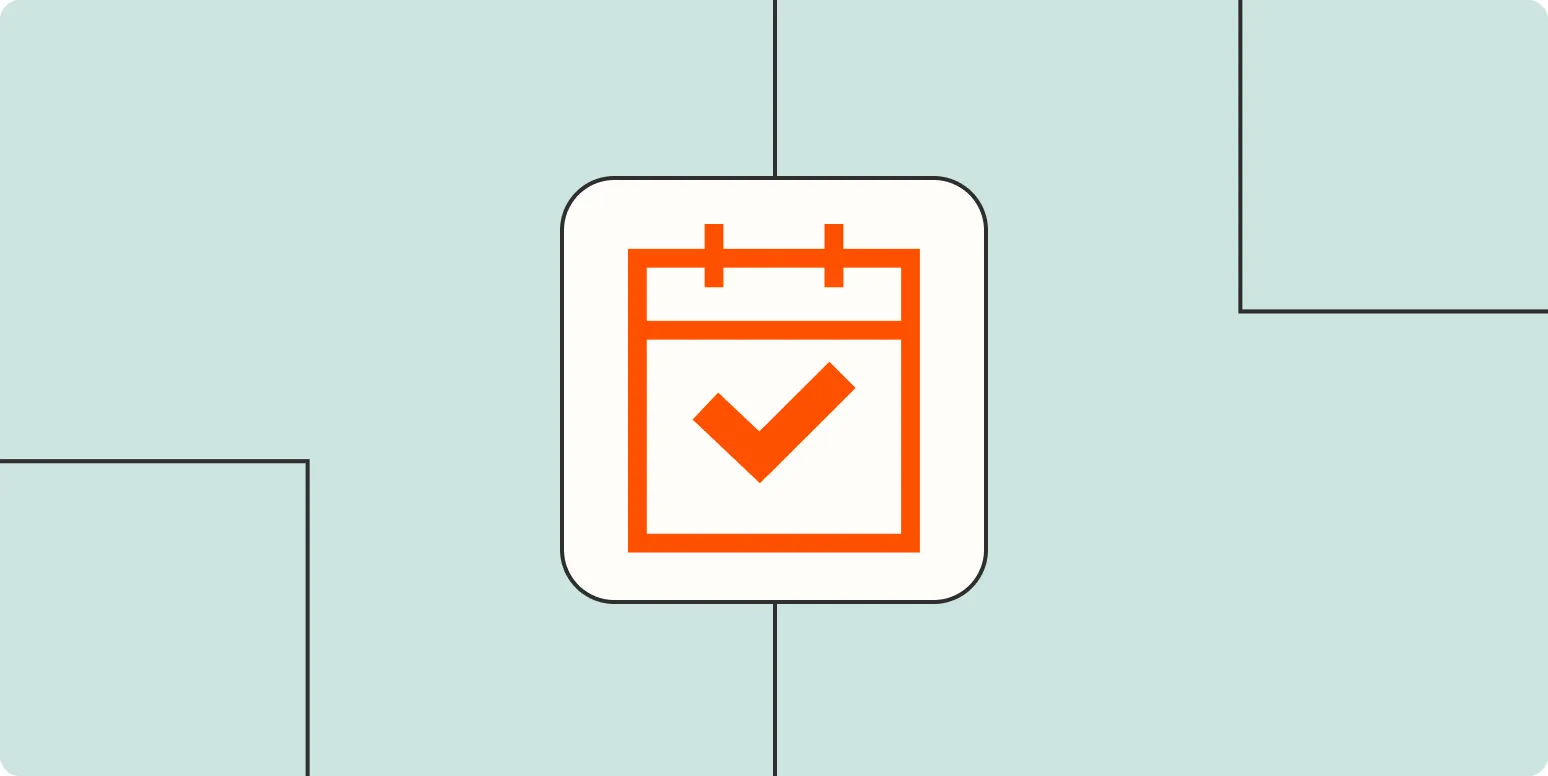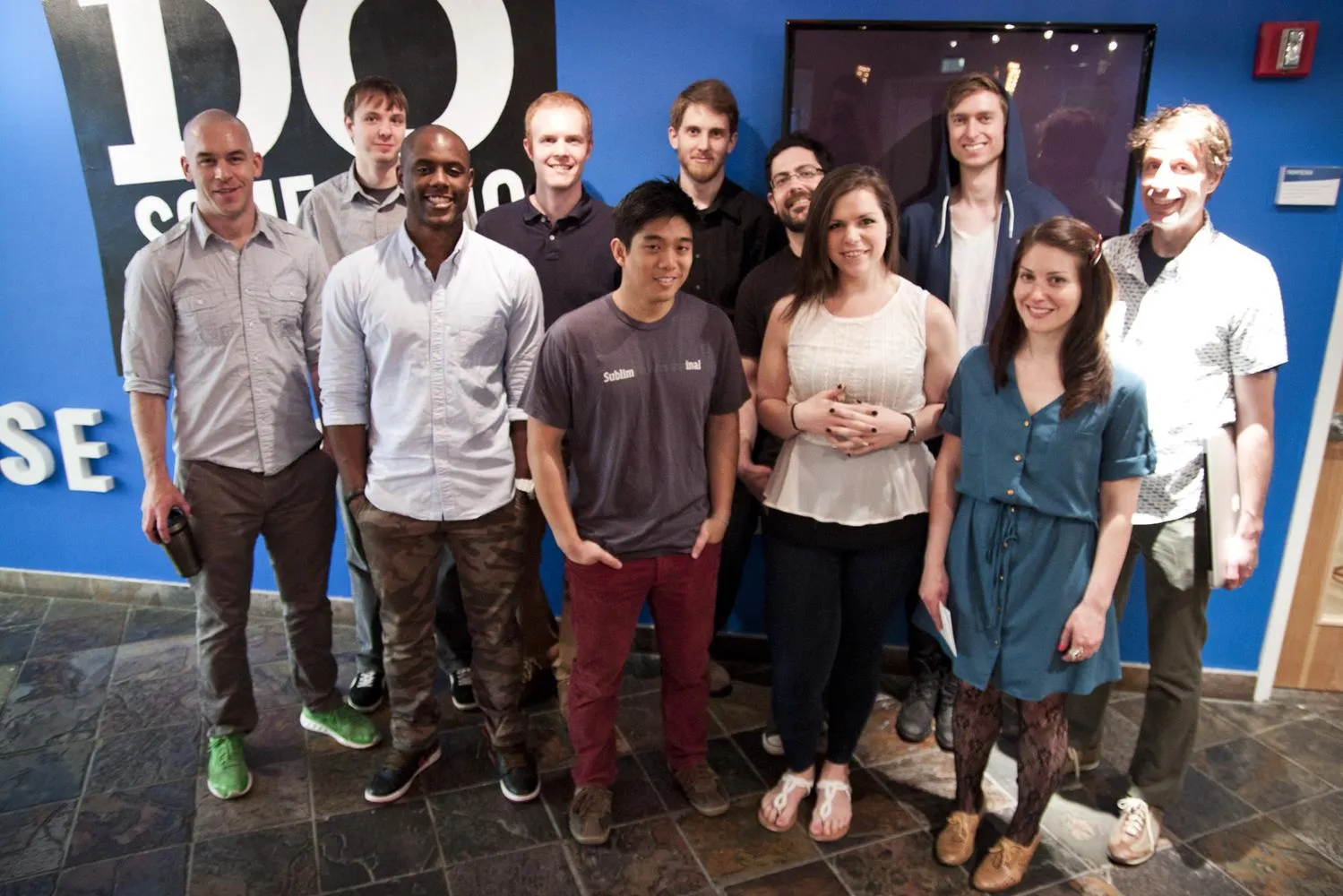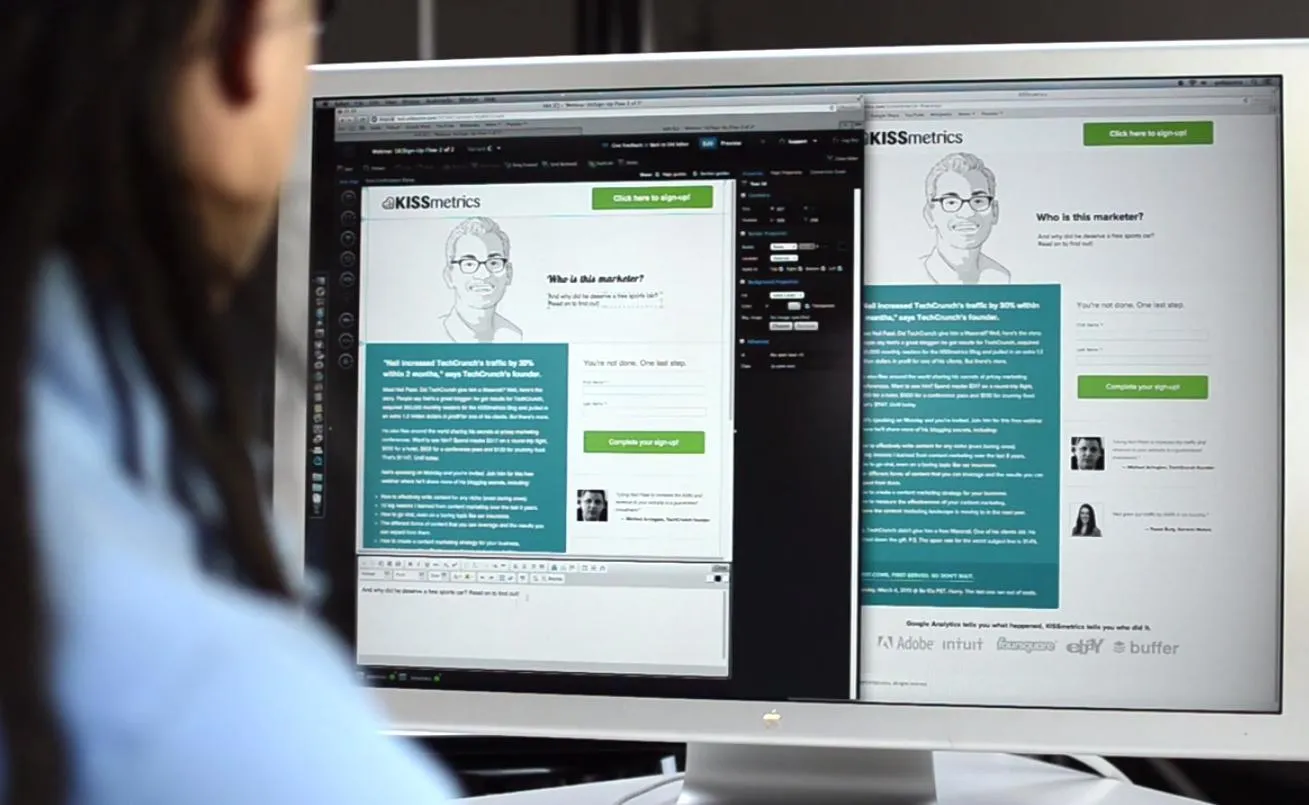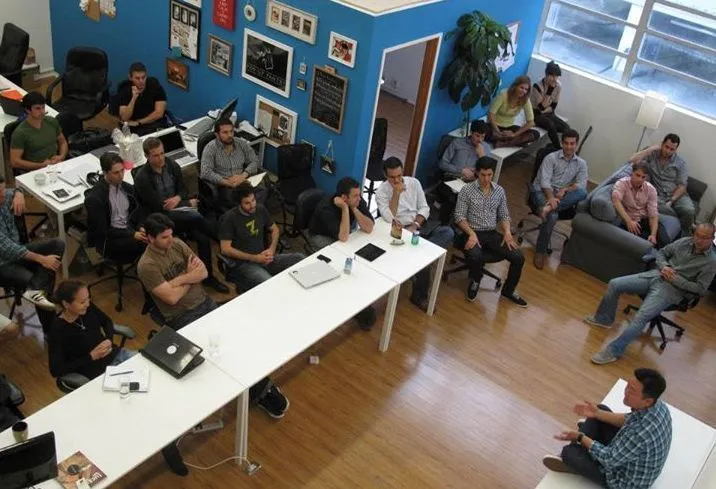Creating calendar events that align with your sales pipeline stages is essential for maintaining organization and ensuring that your sales efforts are effective. By scheduling events based on the different phases of your pipeline, you can streamline your processes and improve conversion rates. This article will explore how you can effectively create calendar events tailored to your sales pipeline stages, especially focusing on tools like ''referrerAdCreative''.
Understanding Your Sales Pipeline Stages
Your sales pipeline typically includes several distinct stages, such as:
- Lead Generation
- Lead Qualification
- Proposal
- Negotiation
- Closing
Understanding these stages is crucial for creating effective calendar events. Each phase requires different actions, which can be better coordinated with well-planned calendar events. For instance, during the Lead Generation stage, you might want to schedule follow-up calls or emails to nurture leads, while the Negotiation stage could require meetings with potential clients to discuss terms.
Creating Calendar Events per Stage
Here’s how you can create calendar events tailored to each stage of your sales pipeline:
| Sales Stage | Event Type | Description |
|---|---|---|
| Lead Generation | Webinars | Host webinars to attract and generate leads. |
| Lead Qualification | Follow-Up Calls | Schedule calls to qualify leads based on their interest. |
| Proposal | Proposal Review Meeting | Set meetings to discuss and refine proposals with your team. |
| Negotiation | Client Meetings | Organize meetings to negotiate terms with potential clients. |
| Closing | Final Review | Schedule a final review before closing deals. |
By creating these events, you can ensure that you stay organized and focused on what matters most at each stage of your sales process. Utilizing tools like ''referrerAdCreative'' can help you track the effectiveness of your outreach and adjust your calendar events accordingly.
Utilizing Technology to Enhance Your Calendar Events
To maximize the effectiveness of your calendar events, consider leveraging technology. Various tools can help automate the scheduling of your events and integrate them with your CRM system. This means that when a lead moves from one stage to another, your calendar can automatically update to reflect the necessary actions.
Additionally, using tools like ''referrerAdCreative'' can provide insights into which marketing efforts are yielding the best results, allowing you to adapt your calendar events to focus on the most successful strategies. For example, if a particular ad campaign is generating a significant number of leads, you may decide to schedule more follow-up calls or additional webinars to capitalize on this success.
Best Practices for Calendar Events
When creating calendar events, keep in mind the following best practices:
- Be Specific: Clearly define the purpose of each event to ensure that all attendees know what to expect.
- Set Reminders: Utilize reminder features to prompt team members before events occur, ensuring that everyone is prepared.
- Review Regularly: Periodically review your calendar events to ensure they align with your evolving sales pipeline and strategies.
- Collaborate: Encourage team collaboration by sharing calendars and allowing team members to add relevant events.
Following these best practices will help you maintain an organized approach to your sales pipeline management, ensuring that you stay on top of your leads and opportunities.
Conclusion
Creating calendar events based on your sales pipeline stages is a strategic approach to improving your sales process. By understanding your pipeline, scheduling relevant events, and utilizing tools like ''referrerAdCreative'', you can enhance your ability to manage leads effectively. Remember to be specific in your event planning, set reminders, review your strategies regularly, and collaborate with your team. By taking these steps, you will be well on your way to optimizing your sales efforts and achieving greater success.





